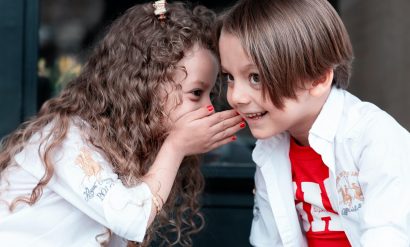
Building Connections: Who children play with may be key to their early communication skills
Who children play with in their earliest years at school could be more important for their early communication than their fundamental social skills, new evidence shows. In a newly-reported study of 148 primary school children, researchers found that the friends they play with affect how they communicate with others, much more than their individual social […]
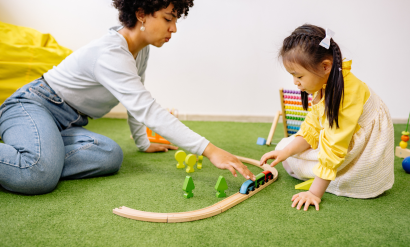
Celebrating International Play Therapy Week: Experiences of a Play Therapist
Hello! I’m Cary M. Hamilton, a registered Play Therapist Supervisor in the Pacific Northwest of the United States. I have a group practice of play therapists and I am the Director of Play Therapy at Antioch University. I have been a practicing play therapist for the last 20 years. Through the three examples in this […]
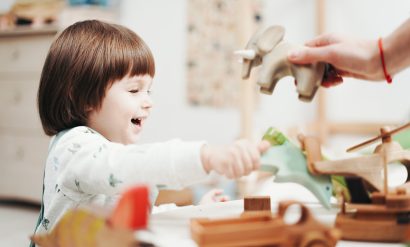
Celebrating International Play Therapy Week: What is play therapy and why is it important?
Play is essential to the healthy development of every child. Play supports social, emotional, cognitive and physical growth and development. Play is a part of children’s lives that happens naturally and in its own right has immense value1-2. Grown-ups across many different professional fields have taken an interest in play. Play does not belong to […]
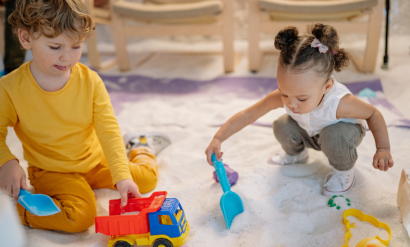
Mental Health Matters: The implications of Government scrapping the Mental Health Plan
Last summer, the Government consulted widely on a “mental health and wellbeing plan“. There was a widely welcomed commitment to “improving mental health and wellbeing outcomes, particularly for people who experience worse outcomes than the general population. This is a key part of our commitment to ‘level up’, and address unequal outcomes and life chances […]
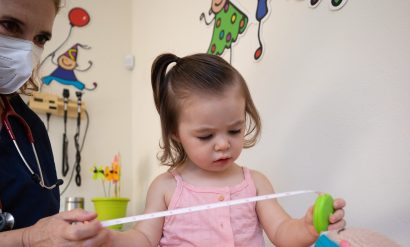
Continuing the ‘play and health revolution’: Semana JIM® 2022
A translation of this article in Spanish is available to download here. It’s hard to be a child in hospital. There are rules, restrictions, unfamiliar noises, weird smells, and unlimited procedures to endure. Alongside doing everything they can to treat and protect the child, parents and healthcare workers will also be helping them to deal […]
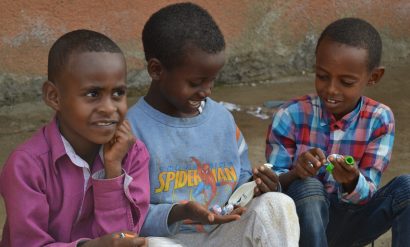
Stalled social skills, ruptured learning: Ethiopian schools exemplify COVID-19’s aftershock for the world’s poorest children
School closures during the COVID-19 pandemic have “severely ruptured” the social and emotional development of some of the world’s poorest children, as well as their academic progress. This is according to new evidence published by PEDAL researchers Stephen Bayley and Prof Paul Ramchandani , in collaboration with the Research for Equitable Access and Learning (REAL) Centre […]
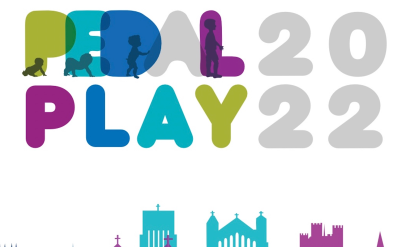
Reflecting on the PEDAL Play Conference 2022
On 8th September 2022, we were thrilled to welcome over 100 attendees to the Donald McIntyre Building to discuss all things play at our first in-person conference since the pandemic. This event gave guests the opportunity to engage with cutting edge research & practice in the fields of play in different cultures, learning environments, and […]
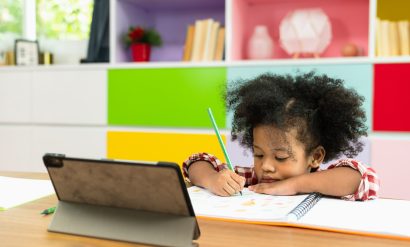
Exploring ‘Encanto’ and intergenerational trauma
A new research paper published by PEDAL PhD student Sydney Conroy, entitled ‘Narrative Matters: Encanto and intergenerational trauma’, suggests that engaging with popular children’s films might be the key to unlocking conversations around intergenerational trauma with young people and their families. In her analysis of the 2021 Disney hit, Conroy highlights that the relationship between […]
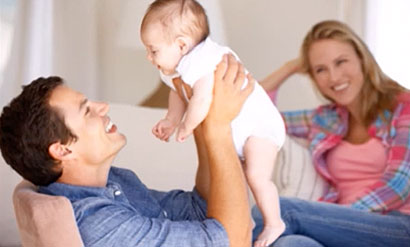
PEDAL’s Dr Ciara Laverty in PlayFutures webinar
Watch the webinar about playing with infants and toddlers, featuring Dr Vicky Leong (Department of Pscyhology, University of Cambridge), Dr Ciara Laverty (Faculty of Education, University of Cambridge), and Dr Melissa Scarpate (Faculty of Education, University of Cambridge).
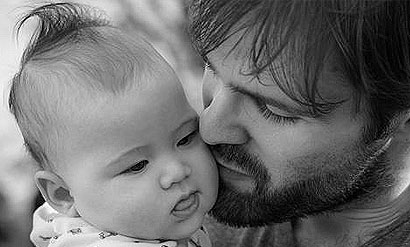
Depression and playfulness in fathers
A research paper has been published by Prof Paul Ramchandani entitled 'Depression in and playfulness in fathers and young infants: A matched design comparison study'. Key findings include: playful behaviours at 3-months differ between depressed and non-depressed fathers; depressed fathers use less playful excitation...

